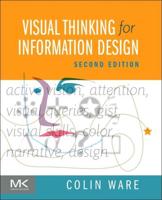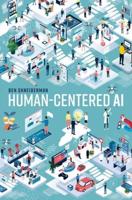Publisher's Synopsis
There are some types of complex systems that are built like clockwork, with well-defined parts that interact in well-defined ways, so that the action of the whole can be precisely analyzed and anticipated with accuracy and precision. Some systems are not themselves so well-defined, but they can be modeled in ways that are like trained pilots in well-built planes, or electrolyte balance in healthy humans. But there are many systems for which that is not true; and among them are many whose understanding and control we would value. For example, the model for the trained pilot above fails exactly where the pilot is being most human; that is, where he is exercising the highest levels of judgment, or where he is learning and adapting to new conditions. Again, sometimes the kinds of complexity do not lead to easily analyzable models at all; here we might include most economic systems, in all forms of societies. There are several factors that seem to contribute to systems being hard to model, understand, or control. The human participants may act in ways that are so variable or so rich or so interactive that the only adequate model of the system would be the entire system itself, so to speak. This is probably the case in true long term systems involving people learning and growing up in a changing society.












